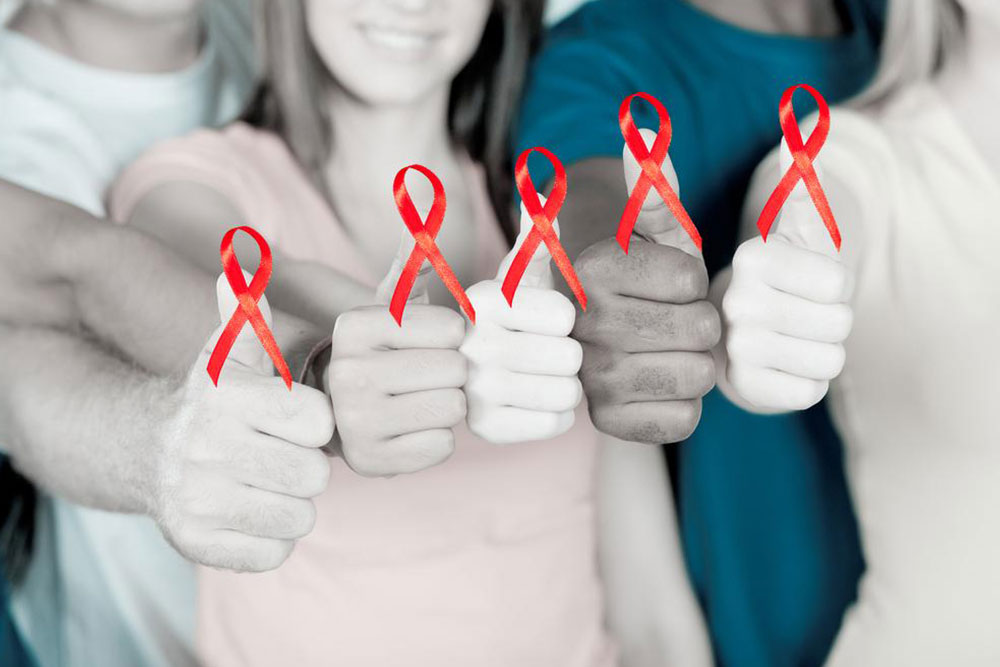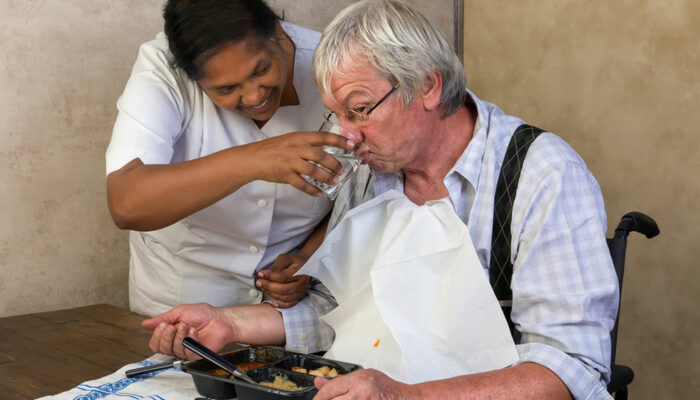
Living with HIV/AIDS
HIV/AIDS are considered life-threatening. HIV stands for human immunodeficiency virus, and AID, which is an advanced stage of HIV stands for acquired immunodeficiency syndrome. Contracting an HIV infection and living with it can have emotional, social, and financial consequences that can be tumultuous to an individual. There are a number of changes that take place in a person’s lifestyle after being diagnosed with HIV/AIDS.
Medications are started immediately after a positive diagnosis. Adhering to the antiretroviral therapy (ART) schedule is imperative to ensure that the therapy is effective. Missing one day’s dose can prove detrimental as there is the possibility of the virus becoming resistant to the drugs. Also, there are chances of the virus being transmitted to other individuals through the known transmission routes.
Once the medication is started, the patient has to cope with the side effects, which include tiredness, headache, nausea, rash, diarrhea, high cholesterol, and high blood sugar. The caregiver will provide clear instructions on how to manage these symptoms. Physicians will be able to identify the correct use of medications that do not interfere with the ART.
For older people, age-related diseases may manifest, and these too need to be managed. Again, the caregiver will know which medications, if required, will work well with the ART.
The progress of the infection needs to be constantly monitored after starting ART. This is done every 3 to 6 months, and deviation in the test results may require a change of the medications involved in the treatment.
Each person affected by HIV can make changes in diet to stay healthier and for longer periods. Diet should include fresh fruits and vegetables, lean protein, and whole grains. They should do away with fatty and oily foods, processed foods, sweets, and other fast or junk food. Raw food should be avoided. Unpasteurized dairy products, undercooked meat, raw eggs, and seafood can carry food-borne infections that can cause serious complications. Care should be taken when handling pets and other companion animals as they may carry parasites that cause infections.
Exercising helps the immune system work well, and one can develop general fitness, strength, and endurance. Ideally, an individual should choose a convenient and appropriate exercise program that can be enjoyed.
The stigma attached to having HIV/AIDS can be emotionally devastating. The stigma arises from prevalent myths around how the virus is transmitted and biases aimed at certain groups of people or certain sexual behavior. This discrimination also exists because of the fear of illness and death. This stigma could lead to HIV discrimination that could affect family members, friends, as well as HIV health care service providers. A lot of uninformed people regard it dangerous to be around HIV-infected people. For people with HIV, to be ignored, shunned, or ostracized can be depressing. This feeling is now termed internalized HIV-related stigma. There are feelings of shame, of being worthless, of being dirty, and even feeling guilty. Coping with this situation needs a lot of emotional strength and maturity. Here are some ways to cope with internalized HIV-related stigma:
- Stay true to HIV care.
- Introspect feelings and beliefs and question these beliefs.
- Be open about the status.
- Protect partners.
- Join a support group or an HIV/AIDS organization.
Legally, a person is entitled to protection under the law, when they disclose their HIV-positive status. In healthcare institutions, it is imperative to disclose HIV-positive status, so that medical decisions are made appropriately.




